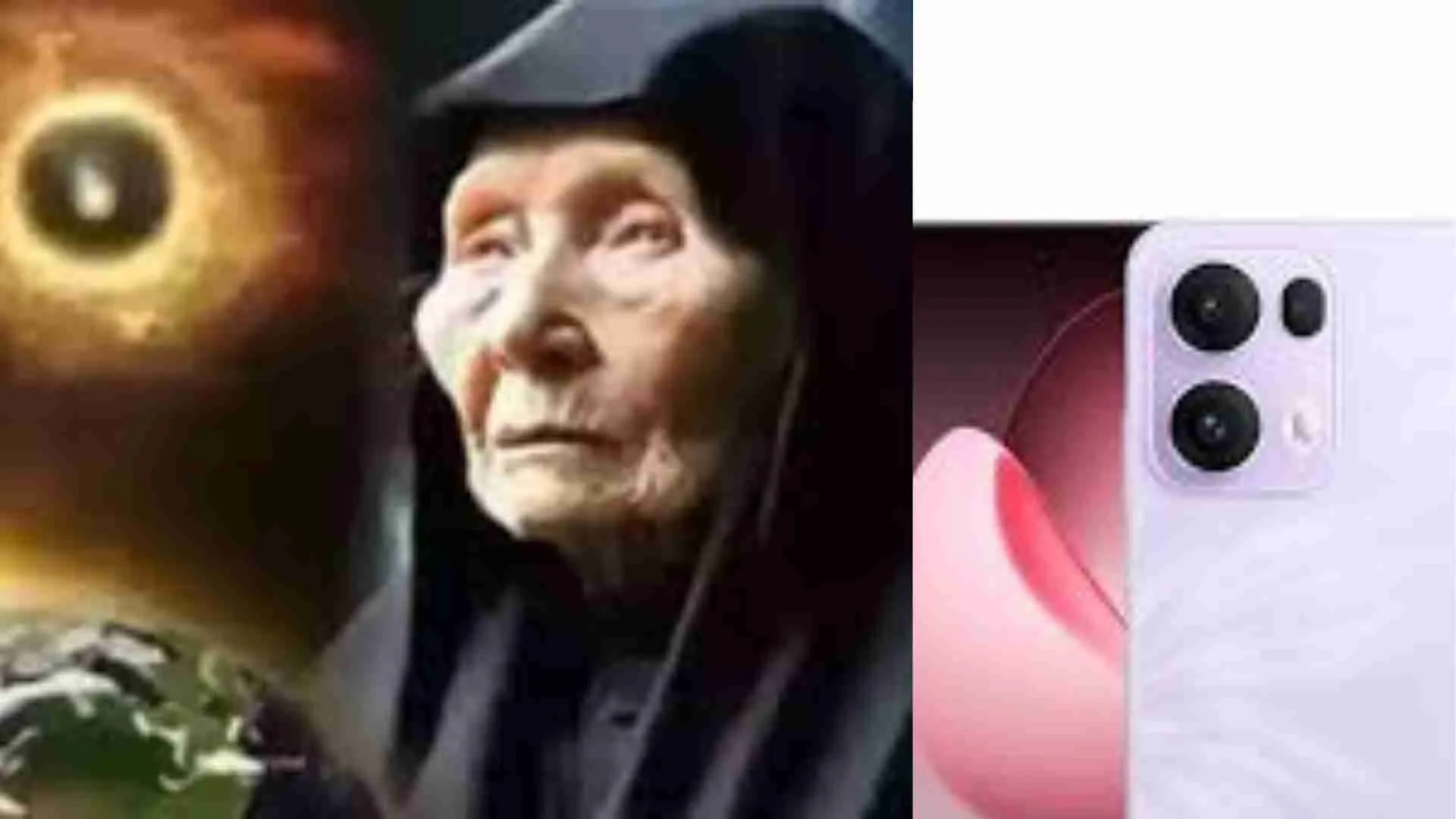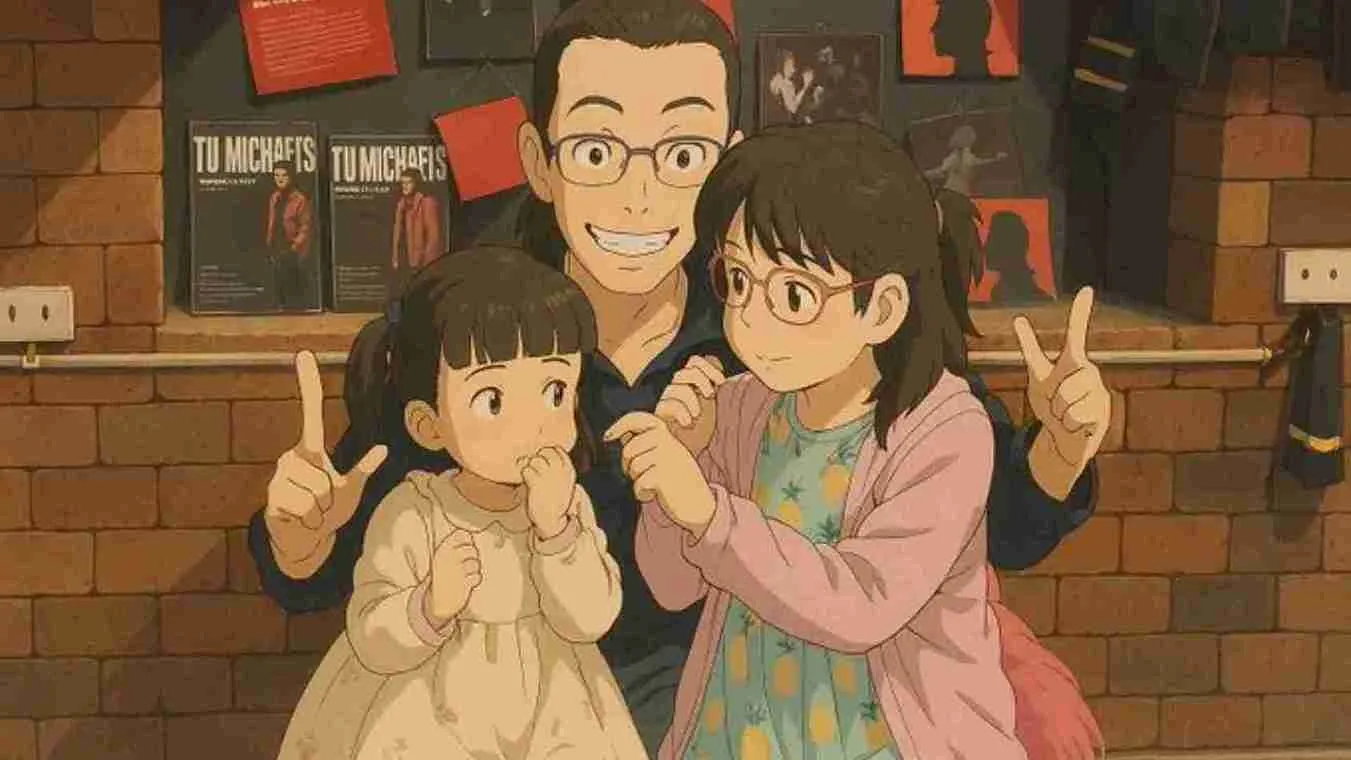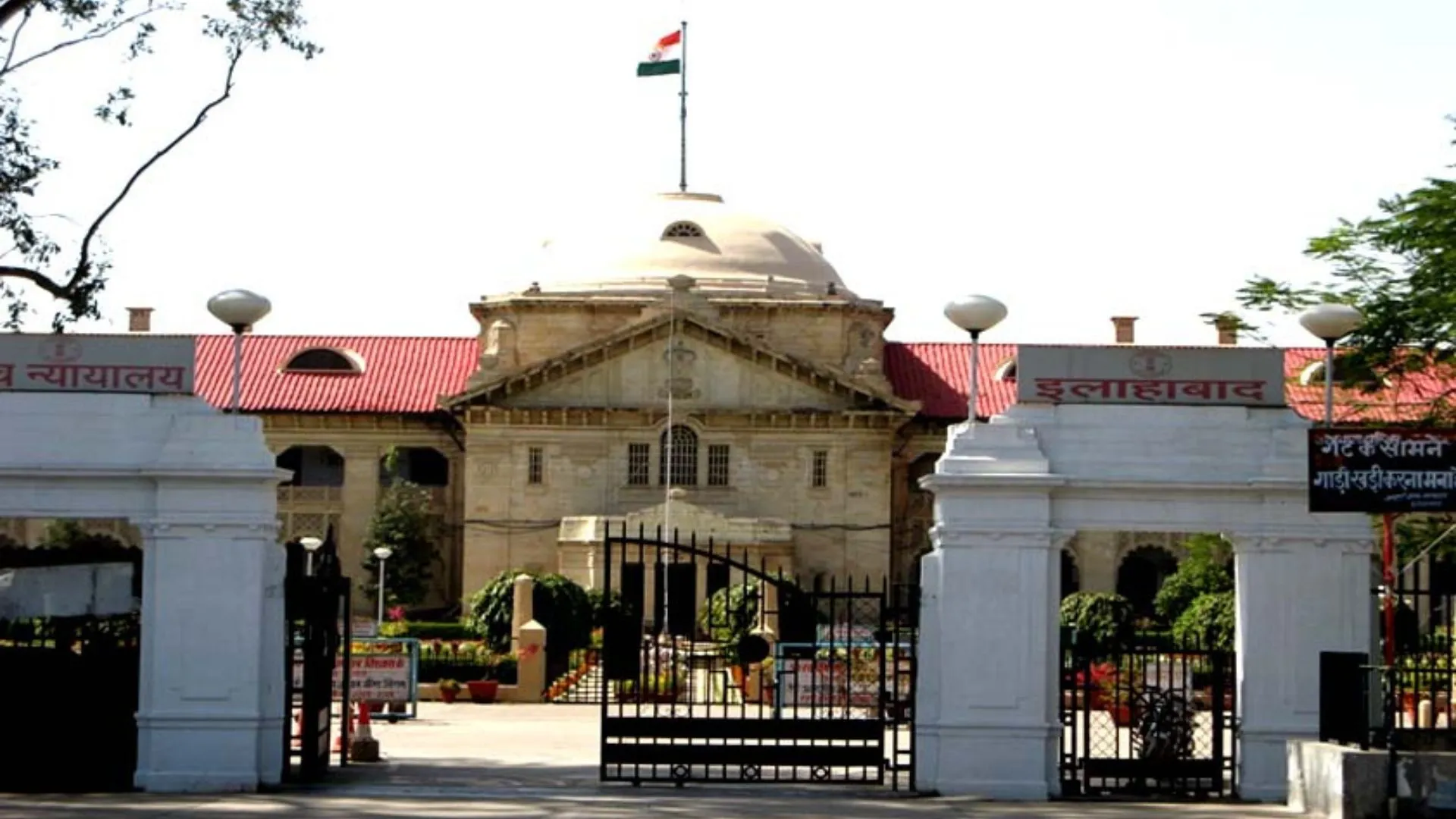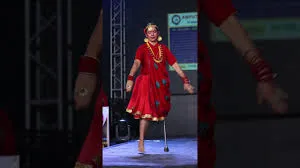When Beata Halassy, a seasoned researcher in infectious disease, learned that her stage 3 breast cancer had returned despite undergoing a mastectomy, she felt uncertain about traditional chemotherapy as a second course of action. Driven by her research background and expertise, Halassy made a brave decision to tackle her illness by leveraging her scientific knowledge. According to reports, she combined a measles virus with a flu-like pathogen to create a vaccine that she injected directly into her tumor. The vaccine, designed to stimulate her immune system against the tumor, turned out to be an unexpected success, leaving her cancer-free for the past four years.
Documenting Success and Spurring Further Research
Halassy documented her groundbreaking results in Vaccines 2024, writing, “The short-term and middle-term outcome of this unconventional treatment, which was devoid of any significant toxicity, was undoubtedly beneficial. The tumor was significantly shrunken in size, and was not infiltrating either muscle below or skin above in contrast to the baseline. Consequently, it was successfully excised.” Diagnosed in 2016, Halassy faced her stage 3 cancer recurrence in 2020. She became increasingly interested in oncolytic virotherapy (OVT), an experimental cancer treatment utilizing genetically modified viruses that attack cancer cells while sparing healthy cells.
A Vision for Cancer Treatments with Fewer Side Effects
Speaking to Uncharted Territory, Halassy shared her belief in the potential of oncolytic virotherapy. “OVT may not always work as well as other treatments, but they are certainly less destructive. If we could get it as a first line of cancer treatment that is not toxic to the immune system and health of the patient, this would be an amazing achievement.” Halassy’s case underscores her hope that future research could establish virotherapy as a gentler, frontline cancer treatment option.
Halassy believes her successful case can inspire future studies in the field, potentially leading to cancer treatments that are both effective and less taxing on patients’ overall health.























